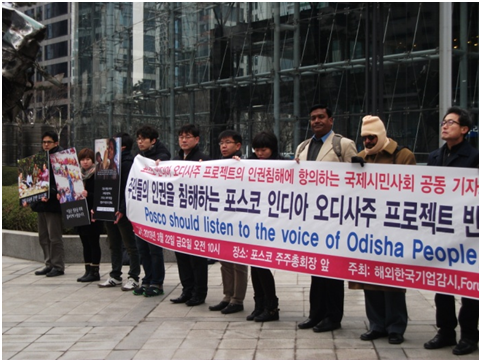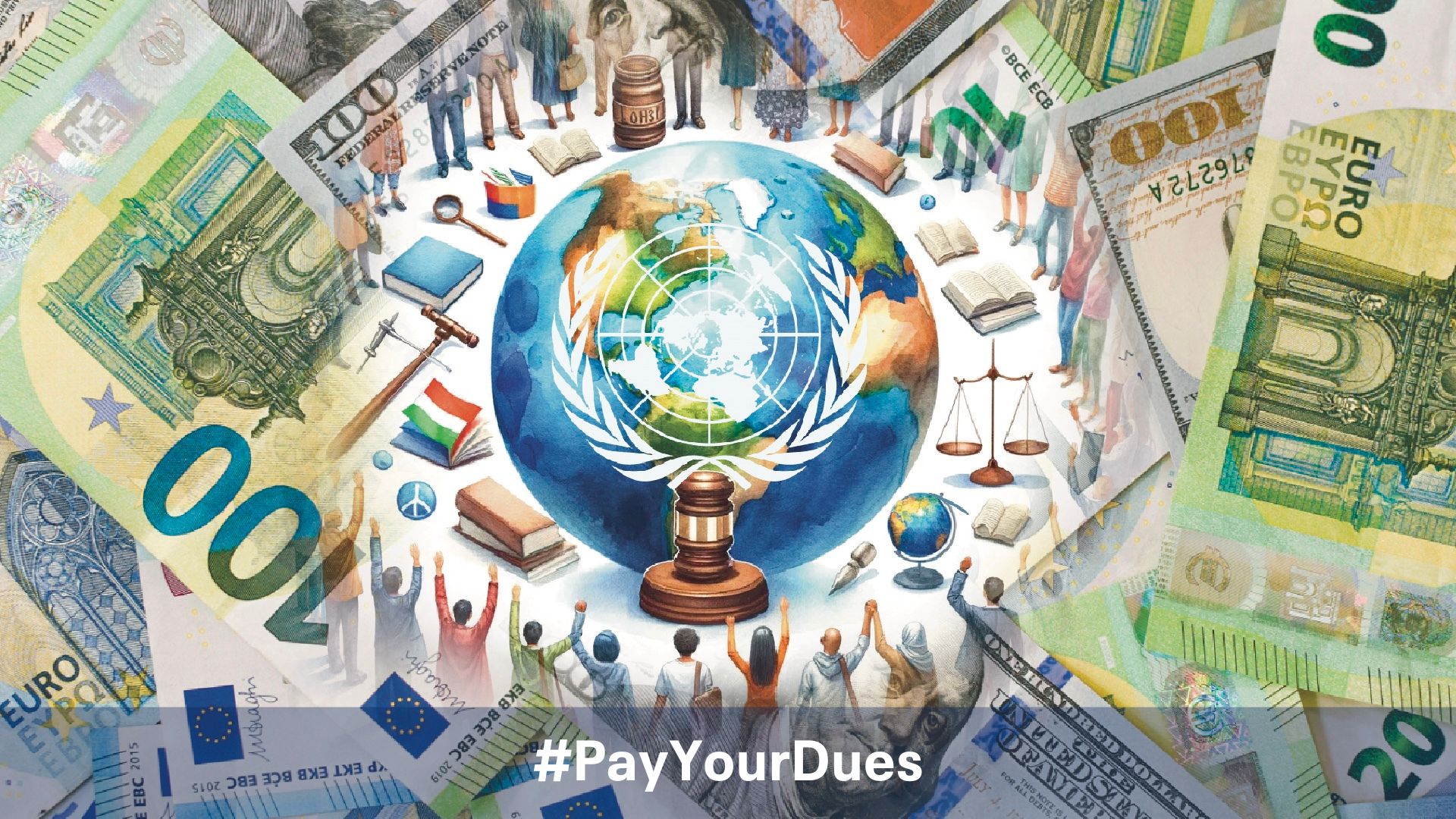For the past five hundred days, members of ‘Supporters for the Health and Rights of People in the Semiconductor Industry’ (SHARPS) have conducted a sit-in at Samsung headquarters in Seoul, South Korea. They are asking that Samsung provide appropriate compensation for occupational diseases that have affected over 200 current and former workers. They are asking for Samsung to comply with Korean law.
SHARPS is just one of many Korean non-governmental organisations seeking to hold corporations accountable for human rights abuses. While their actions target private sector actors, and expose their behaviour to scrutiny, no campaign can rely on corporate remedy alone. The primary role of the State in protecting human rights, including economic, social and cultural (ESC) rights, requires that the Korean government reform its institutions, regulate effectively and investigate and prosecute violators – no matter who they are.
A report submitted by ISHR and KTNC-Watch, a network of seven Korean human and labour rights organisations working on coprorate accountability, to the UN Committee on Economic, Social and Cultural Rights focuses attention on these key concerns. The Committee will meet on 2 March to discuss what additional questions they will ask the Korean government about its record on ESC rights ahead of the formal review in September 2017.
Sarah M Brooks, ISHR programme manager for Asia, says that there has been no shortage of recommendations from the UN human rights system. In the last two years, South Korea has accepted official visits by UN experts on freedom of association and assembly, hazardous substances, and business and human rights. Their attention to violations of rights, and in particular workers’ rights, has resulted in a long list of recommendations for how the government can improve.
‘Because of the complex, interwoven relationships between public and private sector in South Korea, citizens’ trust in the government to proactively address corporate abuses is very low,’ says Ms Brooks.
This is exacerbated by allegations of corruption and nepotism linked to the current process seeking impeachment of President Park Geun-Hye. And it sets a scene where the role of the UN and its mechanisms becomes even more important.
‘When the Committee asks questions, it provides an expert, external voice that becomes an essential part of the conversation in the country. Given the Committee’s recent efforts to highlight the role of defenders of ESC rights, including in the context of business, they are well-positioned to respond to the concerns confronting activists on the ground’.
The joint report highlights key areas where, despite the existing UN recommendations, gaps still exist where the Committee can add useful attention. This includes:
- Occupational safety and health and access to information: The Korean economy relies heavily on the electronics sector, but the government has thus far failed to fully recognise the risks to workers. Methanol used in semiconductor production, for example, has disastrous effects on young workers who may not understand what chemicals they work with, or what the long-term effects of exposure might be.
- Respect for trade union rights and protection of human rights defenders: When workers try to organise for better conditions, or against management practices that fail to ensure a safe and healthy workplace, they face serious restrictions on their activities, judicial harassment, and sometimes direct attacks. And when workers and victims’ rights groups have tried to raise awareness about the situation in the country through public demonstrations, they have encountered staunch opposition and even violent dispersal.
- The negative human rights impacts of Korean companies operating overseas: In many countries in the Asian region, the presence of Korean financing, development loans, and state-owned companies is substantial. However, most of these actors lack the safeguards necessary to ensure that they are preventing and responding to human rights impacts of their operations; worse, in some cases they are directly implicated in human rights violations.The report specifically highlights Cambodia, India, Indonesia, the Philippines and Uzbekistan as illustrative cases of Korean business-related ESC rights abuses. It finally proposes a range of tools already at the disposal of the Korean government that could be strengthened or reformed.
Says Ms Brooks, ‘From the National Human Rights Commission to a National Action Plan on Business and Human Rights, the government has the potential to develop – through engagement with civil society, defenders and affected communities – strong institutions and policies to defend against abuses of ESC rights’.
‘But as we know, domestic implementation requires domestic political will’.
The Park administration was unable, both through neglect and active opposition, to move forward on UN recommendations that would make workers safer, guard against eviction of farmers, and foster vibrant, open debate by civil society. In the uncertainty of the current political crisis, activists in the country hope that a change in government will signal a renewed approach to working for corporate accountability.
‘Defenders know what the challenges are, and have some ideas about the solutions. But they need encouragement, opportunity and space,’ emphasises Ms Brooks.
‘The Committee should use their engagement to lay the groundwork for dialogue and the creation of an enabling environment for civil society and defenders in South Korea’.
For more information, contact Sarah M Brooks at s.brooks[at]ishr.ch or follow her on Twitter @sarahmcneer




